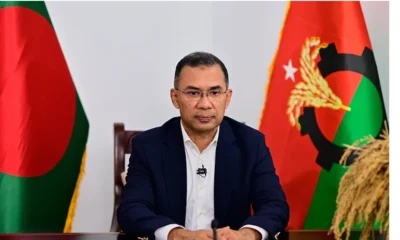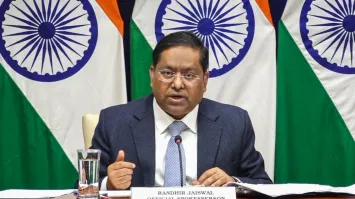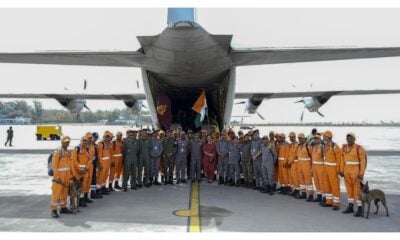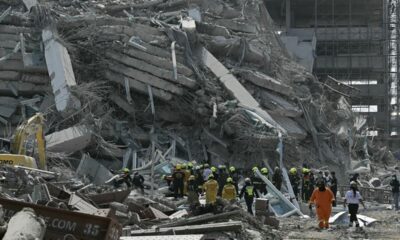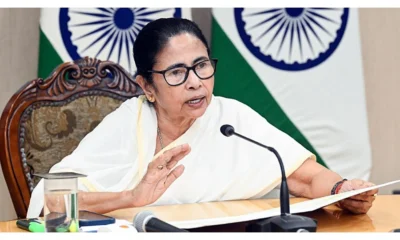[vc_row][vc_column][vc_column_text]File photo of Rohingya refugees fixing damaged roofs of their huts at a makeshift refugee camp near Cox’s Bazaar. Photo credit: KUOW
Over 600,000 Rohingya have fled to Bangladesh from Myanmar since August following a military crackdown on the persecuted ethnic minority
Bangladesh is planning to introduce voluntary sterilisation in its overcrowded Rohingya camps, where nearly a million refugees are fighting for space, after efforts to encourage birth control failed.
More than 600,000 Rohingya have arrived in Bangladesh since a military crackdown in neighbouring Myanmar in August triggered an exodus, straining resources in the impoverished country.
The latest arrivals have joined hundreds of thousands of Rohingya refugees who fled in earlier waves from Myanmar’s Rakhine state, where the stateless Muslim minority has endured decades of persecution.
Most live in desperate conditions with limited access to food, sanitation or health facilities and local officials fear a lack of family planning could stretch resources even further.
Pintu Kanti Bhattacharjee, who heads the family planning service in the district of Cox’s Bazar where the camps are based, said there was little awareness of birth control among the Rohingya.
“The whole community has been deliberately left behind,” he told AFP, citing a lack of education in Myanmar, where the Rohingya are viewed as illegal immigrants and denied access to many services.
Bhattacharjee said large families were the norm in the camps, where some parents had up to 19 children and many Rohingya men have more than one wife.
District family planning authorities have launched a drive to provide contraception, but say they have so far managed to distribute just 549 packets of condoms among the refugees, who are reluctant to use them.
They have asked the government to approve a plan to launch vasectomies for Rohingya men and tubectomies for women, Bhattacharjee told AFP.
But they are likely to face an uphill struggle.
Many of the refugees told AFP they believed a large family would help them survive in the camps, where access to food and water remains a daily battle and children are often sent out to fetch and carry supplies.
Others had been told contraception was against the tenets of Islam.
Farhana Sultana, a family planning volunteer who works with Rohingya refugees in the camps, said many of the women she spoke to believed birth control was a sin.
“In Rakhine they did not go to family planning clinics, fearing the Myanmar authorities would give medicine that harms them or their children,” Sultana said.
Volunteers said they struggled to sell the benefits of birth control to Rohingya women, most of whom came to them for advice on pregnancy complications or help with newborns.
Sabura, a mother of seven, said her husband believed the couple could support a large family.
“I spoke to my husband about birth control measures. But he is not convinced. He was given two condoms but he did not use them,” she told AFP.
“My husband said we need more children as we have land and property (in Rakhine). We don’t have to worry to feed them,” she said.
Population control
Bangladesh has for years run a successful domestic sterilisation programme, offering 2,300 taka ($28) and a traditional lungi garment to each man who agrees to undergo the procedure.
Every month 250 people undergo sterilisation in the border town of Cox’s Bazar.
But performing the permanent procedure on non-Bangladeshi nationals requires final approval from a committee headed by the health minister.
The idea is particularly contentious given the sensitivity of the issue in Myanmar. The widespread perception that the Rohingya population is mushrooming is a key source of the tensions that have spiralled in recent months.
No official data is available on birth rates among the Rohingya, who are excluded from the census in Myanmar.
But many of the ethnic Rakhine Buddhists accused of taking part in attacks on Rohingya villages that have driven hundreds of thousands into Bangladesh say they fear being displaced by the Muslim minority.
The Rohingya face official restrictions on the number of children they can have in Myanmar, although this has not been widely enforced.
Rights activists working in the camps in Bangladesh said some believed pregnancy provided protection against rape or other attacks in Myanmar, where the military has been accused of sexual violence against Rohingya women and girls.
“Some of them told us that if a woman was pregnant, she had less chance of being targeted by the military or attackers.”
Bangladesh officials say some 20,000 Rohingya women are pregnant and 600 have given birth since arriving in Bangladesh, though this may be an underestimate as many births take place with no formal medical help.
“Sterilisation of the males is the best way to control the population,” said Bhattacharjee.
“If a man is sterilised, he cannot father a child even if he marries four or five times.”
(With the exception of the headline, this story has not been edited by APNLive staff and is auto-generated from a syndicated feed provided by AFP)[/vc_column_text][/vc_column][/vc_row]
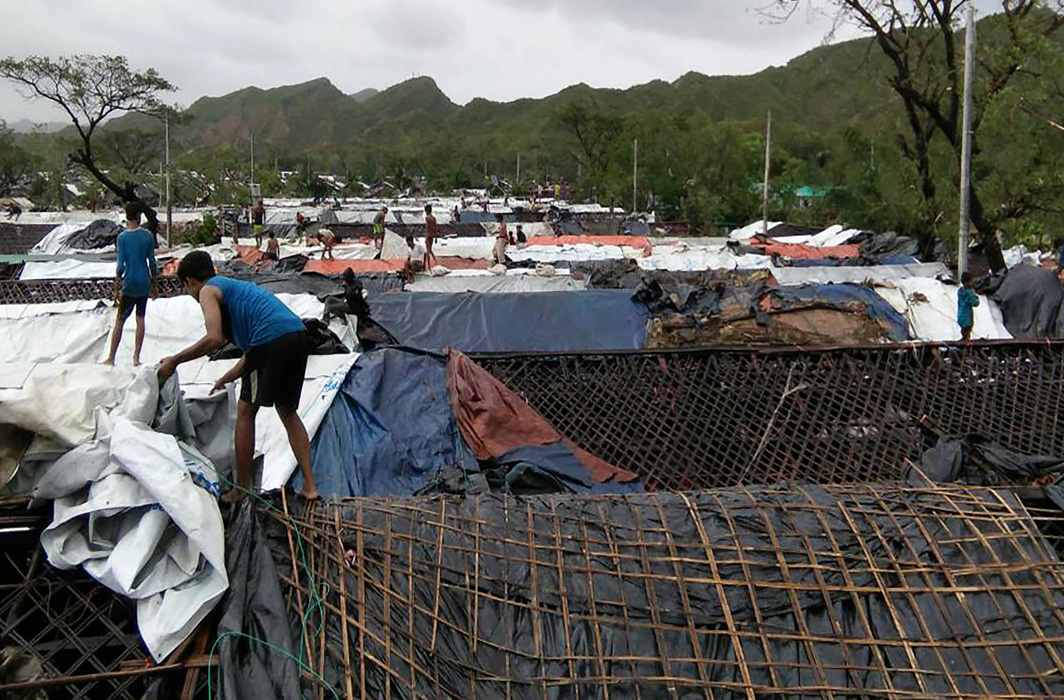

 Latest world news23 hours ago
Latest world news23 hours ago
 Latest world news23 hours ago
Latest world news23 hours ago
 Latest world news23 hours ago
Latest world news23 hours ago
 India News23 hours ago
India News23 hours ago
 India News14 hours ago
India News14 hours ago
 Latest world news14 hours ago
Latest world news14 hours ago
